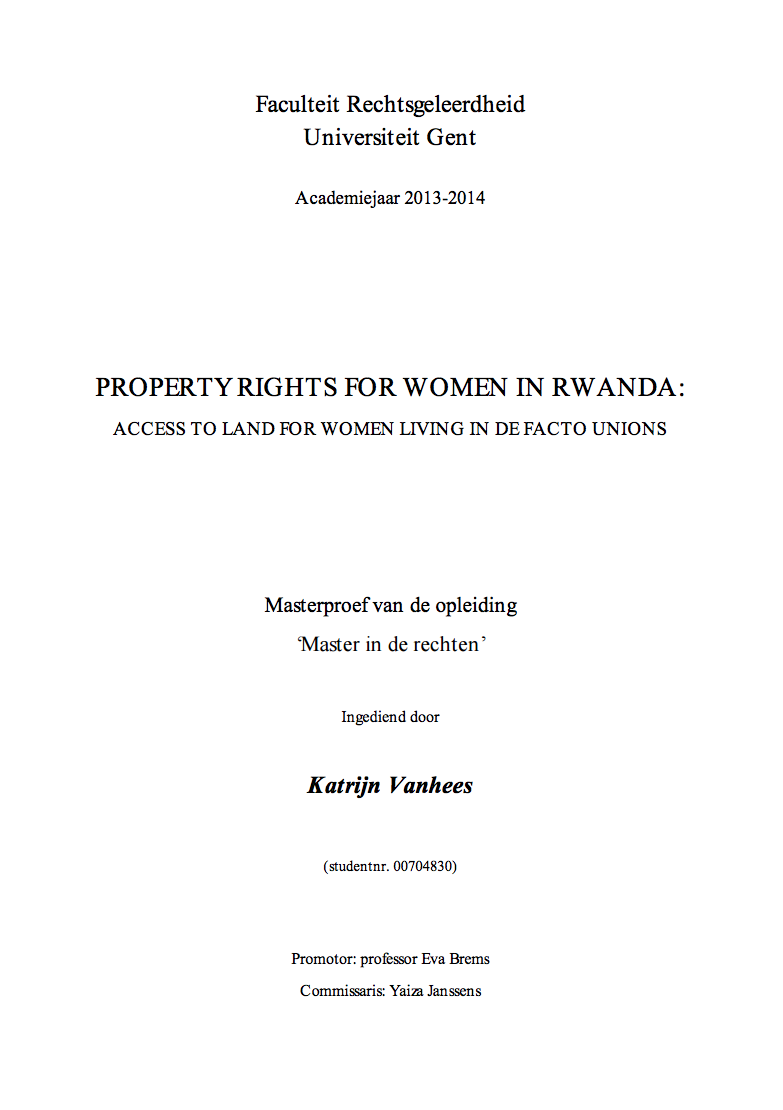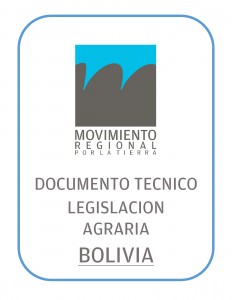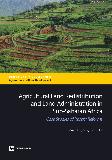Property Rights for Women in Rwanda: Access to land for women living in de facto unions
To say that access to land is one of the most important conditions for the
empowerment of African women, would be an understatement. The cultivation of land is one
of the main sources of income and economic wealth depends strongly on a well-elaborated
system of land tenure. However, developing and protecting land rights1
for women in mainly
male-dominated societies is a long-term work. Even though law initiatives2 may guarantee a
de jure equal access to land for women, the outcome highly depends on the way the culturebound






